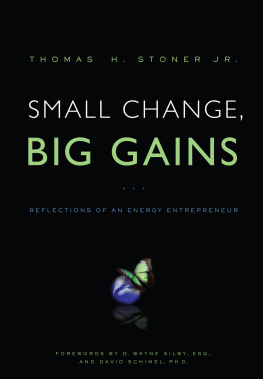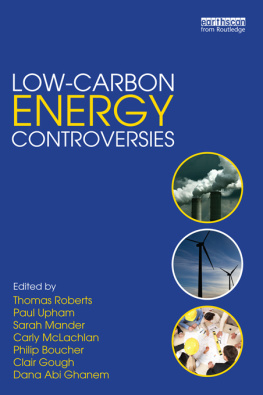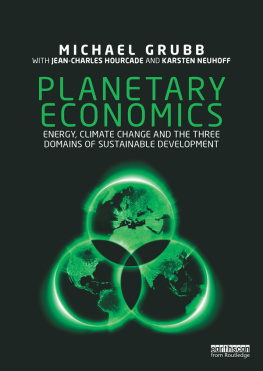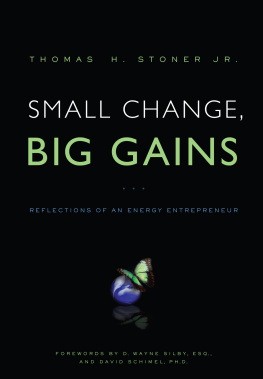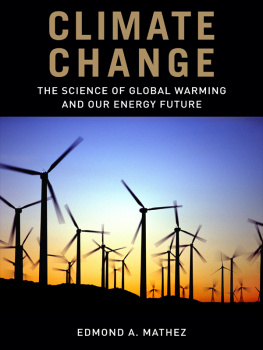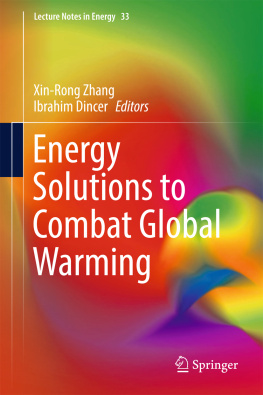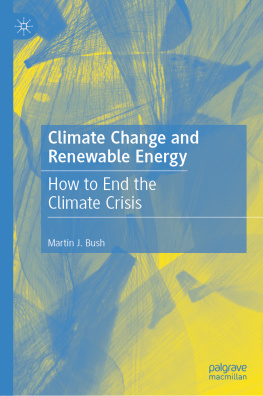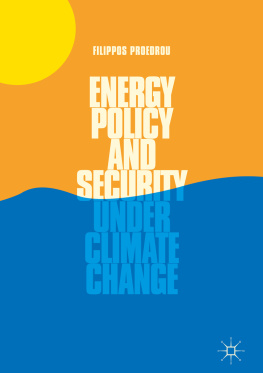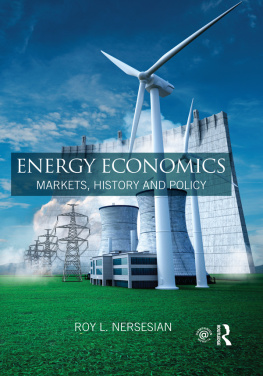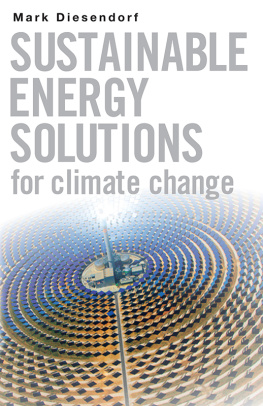
This publication is designed to provide accurate and authoritative information in regard to the subject matter covered. It is sold with the understanding that the publisher and author are not engaged in rendering legal, accounting, or other professional services. If legal advice or other expert assistance is required, the services of a competent professional should be sought.
Published by Greenleaf Book Group Press
Austin, Texas
www.gbgpress.com
Copyright 2013 Thomas Stoner
All rights reserved.
No part of this book may be reproduced, stored in a retrieval system, or transmitted by any means, electronic, mechanical, photocopying, recording, or otherwise, without written permission from the copyright holder.
Distributed by Greenleaf Book Group LLC
For ordering information or special discounts for bulk purchases, please contact Greenleaf Book Group LLC at PO Box 91869, Austin, TX 78709, 512.891.6100.
Design and composition by Greenleaf Book Group LLC
Cover design by Greenleaf Book Group LLC
Cover credits: Marble: istockphoto.com/mwpenny; Butterfly:
istockphoto.com/proxyminder
Ebook ISBN: 978-1-62634-003-9
Ebook Edition
I dedicate this book to my family.
CONTENTS
LIST OF FIGURES AND TABLES
FOREWORD
BY D. WAYNE SILBY
People come around to environmentalism in different ways. My career in socially responsible investing exposed me early on to the complex and urgent issues surrounding our environment. It was in relation to these issues that I first met Tom Stoner, when the Social Venture Network was being formed. I was a cofounder and Tom was the first acting director. Some might argue that business and environmentalism make strange bedfellows. On the contrary, my devotion to socially responsible enterprises has shown me that good businessmen and -women make good environmental stewards.
Calvert has a long-standing practice of screening companies for environmental issues. As such, Calvert is a formative investor in the China Environment Fund, a pioneer in the pure play of environmental venture-capital investment in China. We have also been part of the proxy process in getting more carbon disclosure from the large public companies in which we invest. At Calvert, we know that renewables and energy efficiency not only are part of the solution to achieving global energy sustainability, but also hold tremendous business opportunities. Tom has written a highly informative book on exactly how these approaches can work to address climate change.
In Small Change, Big Gains, Tom uses his extensive experience as an entrepreneur in the energy sector to provide a comprehensive description of the current state of affairs and the need for immediate action. He likewise provides an overview of the necessary business and regulatory actions that must be taken in order to address the pressing climate change issues affecting the world in the twenty-first century. He considers the imperative of taking action now so that the world does not fall off the precipice as a result of climate change. Described is a set of small changes that can be made, which in turn could have a huge impact.
This work challenges the audience to ask questions that many people consider too controversial. It further argues that the debate regarding climate change is over; now the discussion must instead focus on what constructive actions can be taken. The book also considers the role that innovative technologies will play in combating the negative impact of climate change. The reader is pulled into Toms reflections on how his personal experiences have shaped his perspective and made him realize the imperative of immediate action. Tom questions just how bad things have to become before people begin to take seriously the challenges confronting the world.
The work that Tom is doing with Project Butterfly provides an opportunity for all the essential stakeholdersgovernment, businesses, energy suppliers, and consumersto come together to work on addressing the worlds most pressing problems. All these stakeholders must be part of the brainstorming process and solution in order to create systemic change. Critically, the book does not merely reiterate the problems that exist but rather presents a tangible set of solutions that different stakeholders can begin to consider.
Tom has written a compelling narrative on creating a new business case and why it is important to consider all the stakes and the stakeholders in our allocation of valuable and finite resources. His approach considers how the whole ecosystem needs to be engaged in order to ensure that resources are transferred effectively. Upon reading this book, it becomes clear that Tom Stoner understands business and energy and that unless we begin to see the world as one community, it will be very difficult to create solutions that benefit all. Toms new business case shows how to orchestrate the small changes that can transform our global energy system. I am heartened to see this innovative and thorough analysis of both the problem and the solution.
D. Wayne Silby, Esq.
Founding Chairman, Calvert Funds
Cofounder, Social Venture Network
Spring 2013
FOREWORD
BY DAVID SCHIMEL
Tom Stoner and I met as fellow alumni of Hampshire College. While we didnt attend Hampshire the same years, we were there in the same era and had many of the same professors. A few years ago I attended the retirement symposium for one such professor, Ray Coppinger, and gave a presentation on my research. For many years, I have studied the global carbon cyclethe science of how fossil fuel emissions of carbon dioxide affect the atmosphere and climatebecause its a research area I find exciting, challenging, and rewarding. I thought Ray would be excited to see what Id been up to in science, but as Id learned to expect several decades earlier, his response totally surprised me. Your talk depressed the hell out of me, he said. Were doomed.
I had spoken about how weve learned to study processes over enormous areas using advanced technology; about the drama of making measurements in research aircraft; and about how the lessons Id learned as an undergraduate at a small liberal arts college prepared me to work in big science. While I had been focused on the excitement of scientific research, Ray went to the heart of the matter and understood (correctly) that what were finding scientifically is that the impacts of climate change are going to be serious, probably even more serious than earlier studies had suggested.
Motivated by the challenge of global change, scientists have done an amazing job of understanding how our complex and wondrous planet functions. We have identified big threats to our environment and to our planets life support systems. Accomplishing this has engaged some of the best minds of the century, but scientists are not as good at taking the next step. Now that we know fossil fuel use is a threat to life on earth as we know it, what are we going to do about it? Climate change is a serious problem, and the grand challenge for the next generation of scientists and citizens is to find solutions.
Small Change, Big Gains reflects Toms passion for solutions, his need to do what he can to ensure a safe and beautiful planet for his kids to live on, and his incredible insights about mobilizing creativity around solutions. Negotiating a better energy future requires negotiating a solution that satisfies Toms four different philosophical and practical worldviews, and he shows a path forward for accomplishing just that. This book is written for the creative entrepreneurs of this and the next generation whose challenge it isknowing the fossil-fuel-powered planet will soon be historyto guarantee that the energy system of the future enables a better and more abundant world.
Next page
